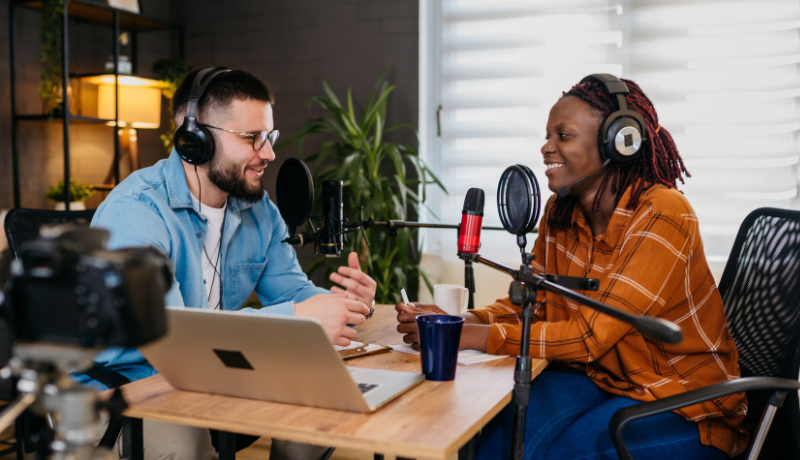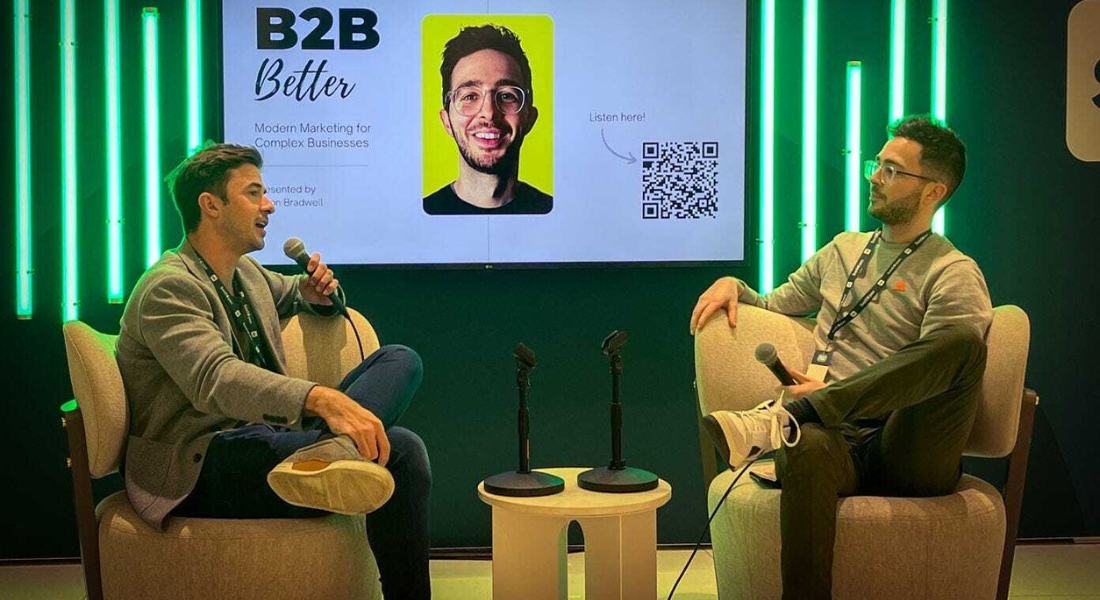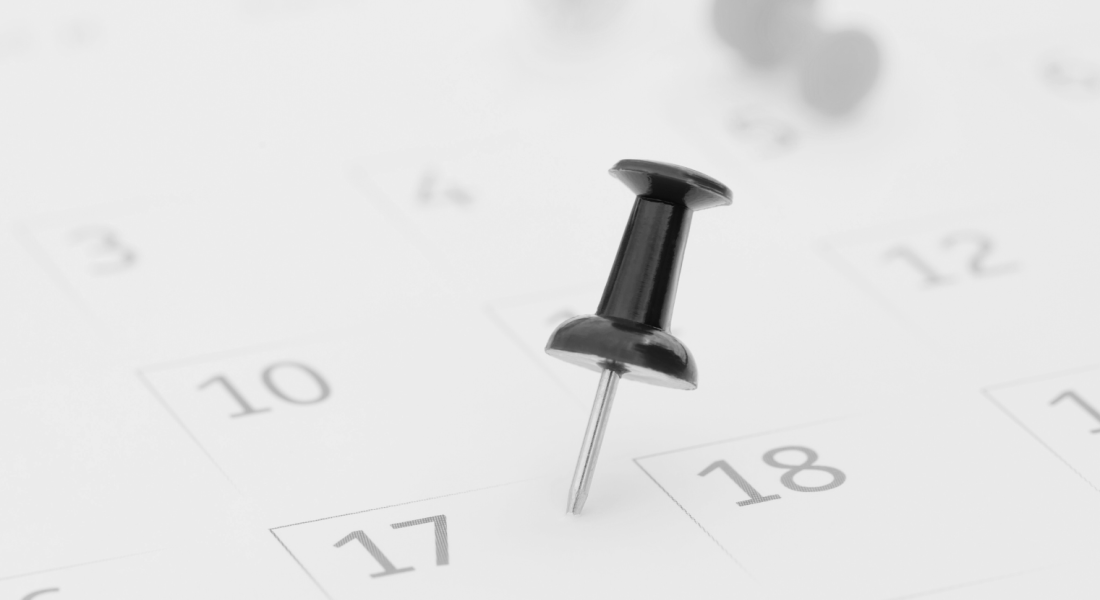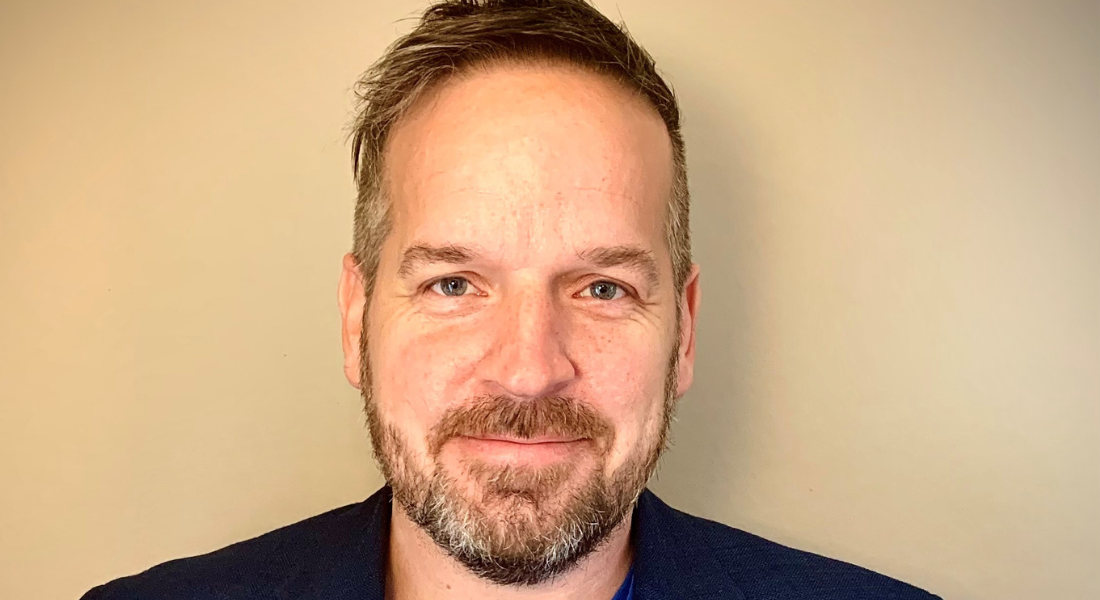The rise of podcasts – and what it means for B2B marketing
By Paul Maher
P odcasts have been on the rise for some time. Currently, there are some 5 million shows published on Spotify.
Such is the pull of the most popular podcasts that the streaming service recently signed a record deal with US comedian Joe Rogan for a reported $250M.
Despite this headline grabbing figure and the sheer number of podcasts available to listen to, this medium is still maturing – with people trying to understand what makes a great podcast. From a B2B perspective, marketers also want to know how they can help brands to reach their target audience. Especially, when you consider that more than half of business executives say they now listen to podcasts daily.
To help understand why podcasts appeal to B2B audiences we spoke to Jason Bradwell, host of the B2B Better podcast. Here he shares his insights on what works… and what doesn’t.
What do you think explains the rise in popularity of podcasts?
There are many reasons, but I think it boils down to three. One is ease of consumption. You can listen to podcasts while participating in other activities – work or personal. Two, celebrity adoption. Podcasts have entered the social zeitgeist, largely driven by famous individuals hosting their own to open new monetisation streams, foster community and reach new audiences. Just look at Office Ladies – a companion podcast to The Office US hosted by former castmates that really resonates with die-hard fans. Finally, they are a fantastic tool for companies to ‘humanise’ their brand – something that is particularly effective in B2B.
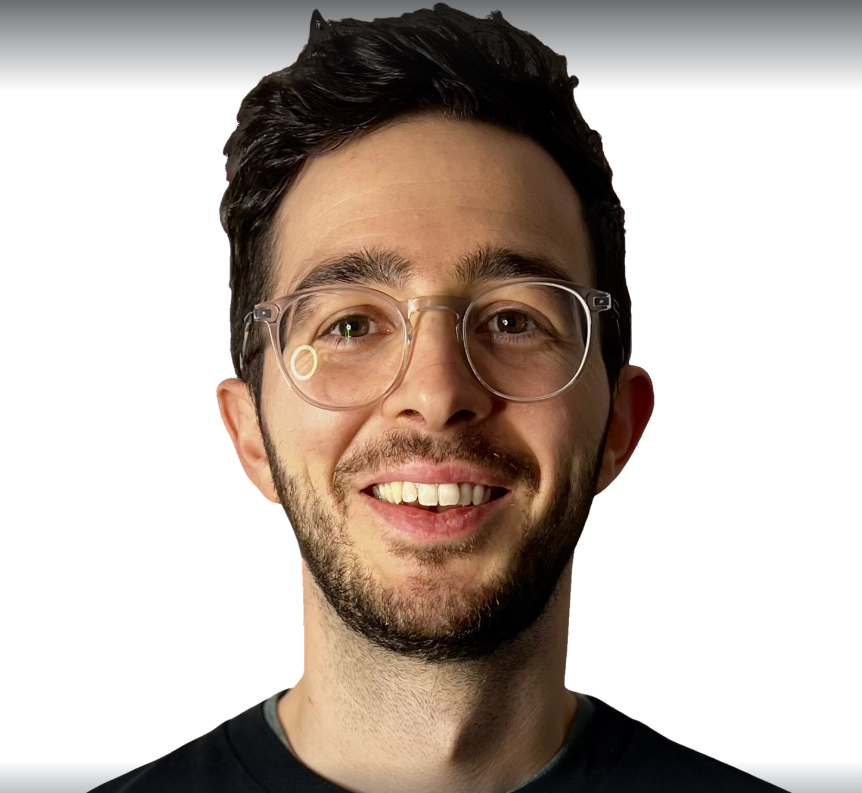
"Podcasts have entered the social zeitgeist, largely driven by famous individuals hosting their own to open new monetisation streams, foster community and reach new audiences."Jason Bradwell, host of the B2B Better podcast
Why do you think so many business executives listen to podcasts on a daily basis?
In the context of B2B, podcasts represent a new, preferred medium for modern-day buyers to educate themselves on their industry and overcome its challenges. It gives power to experts – whether they have established media profiles or not – to get behind a microphone and share their expertise. Just look at the team from Forget the Funnel. Each week, the founders, Gia and Claire, sit down to explain why the ‘funnel’ as we understand it in unlocking new revenue, is broken, and provide practical ways to achieve more sustainable (and scalable) customer-led growth. This type of insight has historically been gatekept by media outlets that pick and choose which expert to showcase. Now, brands can take the power of distribution into their own hands – and buyers have an appetite to receive it.
Are there any clear trends to demonstrate what audiences want to listen to?
Based on our experience of producing podcasts for B2B brands, it’s easier to identify what audiences DON’T want to listen to. These include:
- Anything that is overtly promotional. No listener wants to tune in for a 40-minute sales pitch disguised as a podcast.
- Any conversation that sounds like it could have been recorded at a bar. B2B audiences want genuine insight, not a random chitchat.
- Audio recorded on a brick. You don’t need to invest thousands on equipment, but echo, static and feedback will kill engagement – quick.
What do you believe makes the medium work for B2B audiences?
I think the make-up of the modern-day B2B buyer is changing – both in terms of their demographic (they are getting younger), and how they acquire information. These individuals are time-poor, quick to abandon material of little/no use to them, and they demand more creative ways to consume insight. Podcasts – especially when accompanied by contextually appropriate video, social and written content – appeal to these characteristics.
Our director and co-founder, Xanthe Vaughan Williams, recently appeared as a guest on Jason’s podcast, to discuss how brands can incorporate PR into a multi-channel strategy. You can listen to the episode via Apple or Spotify.
Share this:

